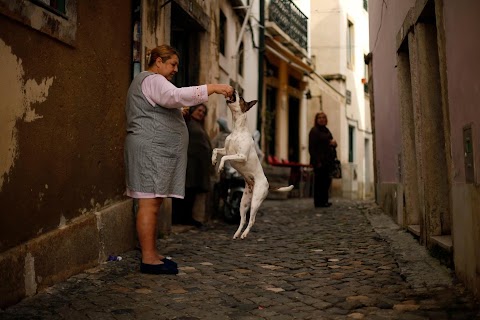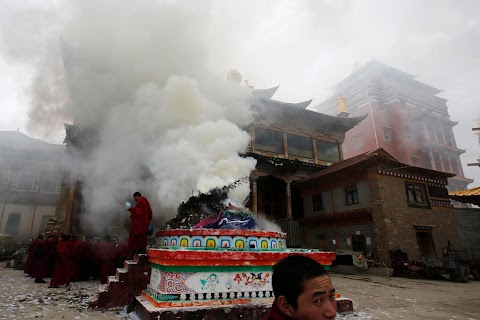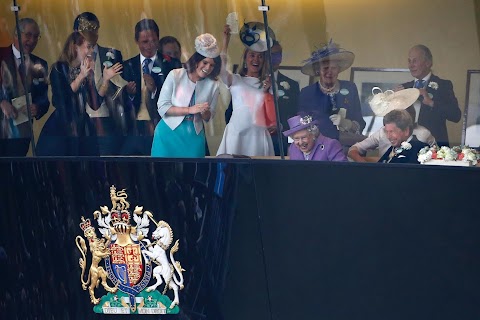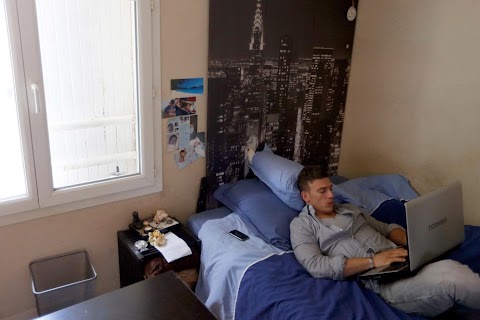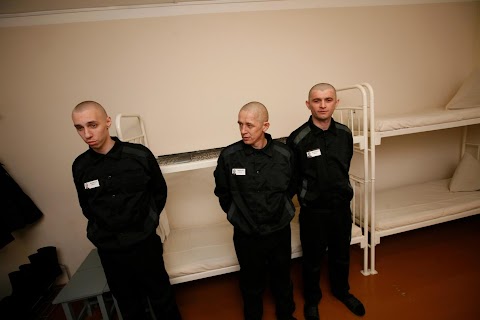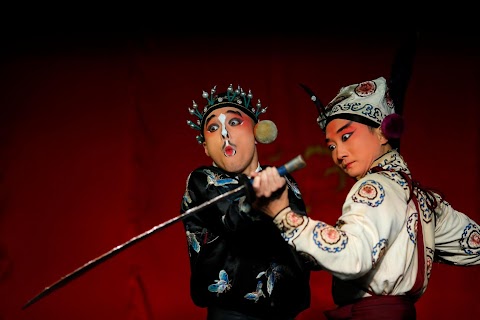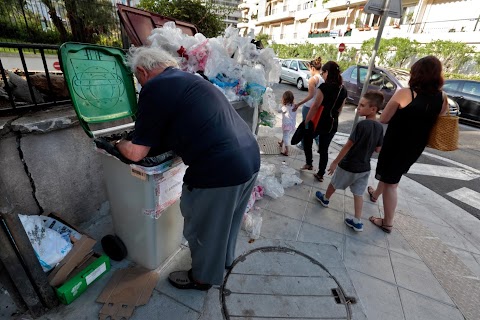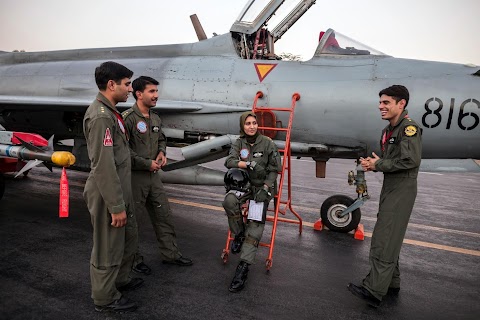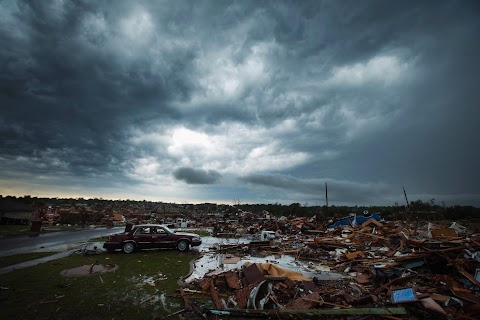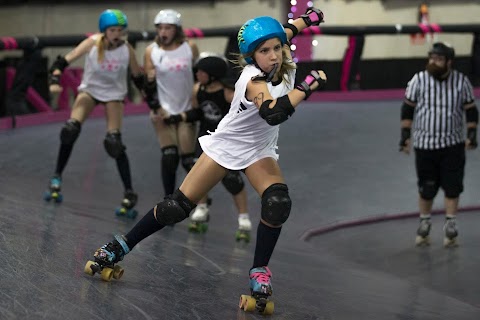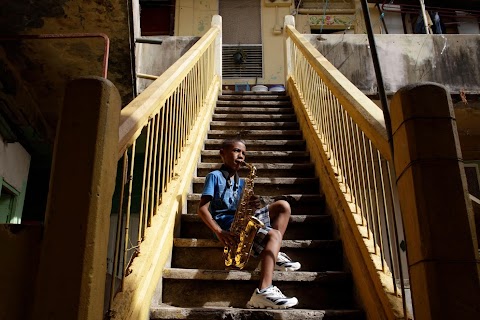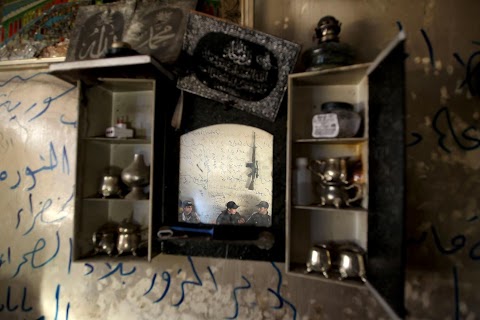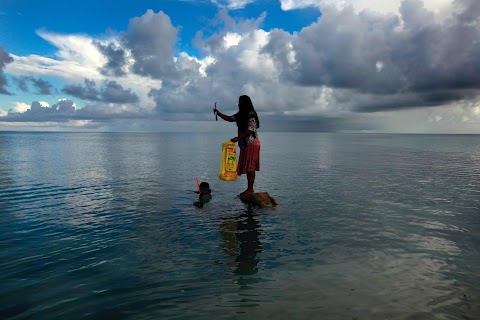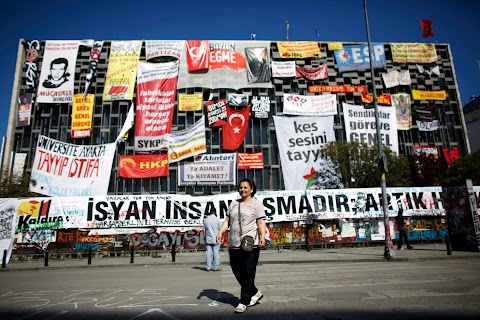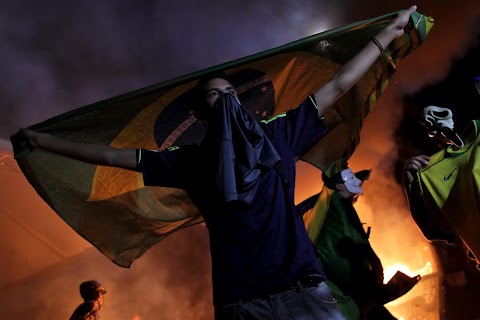
Brazil boils over
 Ueslei Marcelino
Ueslei Marcelino
Massive demonstrations have shaken cities across Latin America's largest nation, as Brazilians have been taking to the streets to vent their anger over a wide range of issues, from corruption and poor public transport to billions of dollars being spent to host the 2014 soccer World Cup. The unrest started on June 13 when police cracked down on a small demonstration over rising bus fares in Sao Paulo, but has swelled to become the country's biggest protests in two decades.

A mass of demonstrators gather in Rio de Janeiro on June 20, when an estimated 1 million people took to the streets in cities around Brazil as protests intensified.
Undeterred by the reversal of transport fare hikes that sparked the unrest, and promises of better public services, demonstrators marched around two international soccer matches and in locales as diverse as the Amazon capital of Manaus and the prosperous southern city of Florianopolis.

Soccer fans walk away from a cloud of tear gas as riot police clash with demonstrators outside the Mane Garrincha National Stadium, the venue for the opening match in the Confederations Cup.
Demonstrations have unfolded as Brazil hosts the international soccer tournament, which serves as a test run for the much bigger World Cup, and protesters have used the competition to amplify their outrage at public spending on lavish stadiums.
Slideshow

Demonstrators stretch out a Brazilian flag with a dollar symbol scrawled across it in front of a row of riot police, who are blocking the way to the Estadio Castelao football stadium during a Confederations Cup match.

Demonstrators hold a protest in Rio de Janeiro, where some 300,000 people took to the streets on June 20.

Protestors tear down a traffic light during clashes with riot police near the Estadio Castelao stadium in Fortaleza.

Brazilian law enforcement officers chase demonstrators during protests outside the stadium.

A family holding their soccer tickets runs through a protest in Salvador.

A man takes pictures of demonstrators behind a sign showing the face of Brazilian congressman Marcos Feliciano, during a protest against the Confederations Cup and the government of Brazil's President Dilma Rousseff.

A protester chases vandals (unseen) during the unrest.

Protesters fight with one another in Recife.

Demonstrators kneel in front of the police during a protest in Salvador.

Protesters march through a main street in Recife.

Students, and members of the "Free Pass" movement stand at a railing during a protest demanding improvements be made to the public transport system.

Demonstrators gather outside the National Congress.

Protestors yell anti-government slogans in Belem.

Riot police clash with demonstrators in Rio de Janeiro.

A riot policeman fires his weapon while confronting demonstrators throwing stones.

A man stands between bonfires lit by demonstrators as they clashed with police.

Policemen escort vandals being detained during a protest in Recife.

A demonstrator holds a sign at a protest in Sao Paulo.
